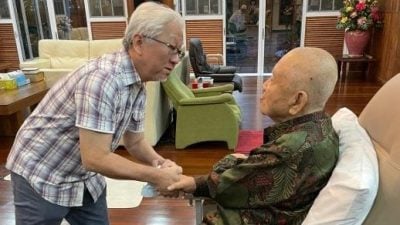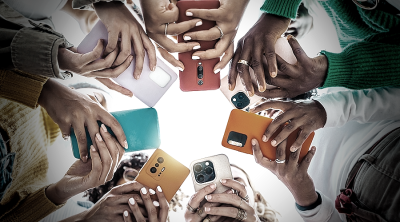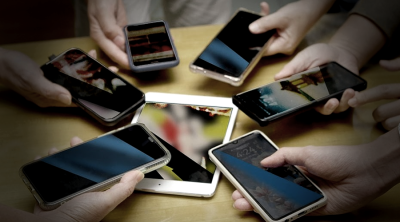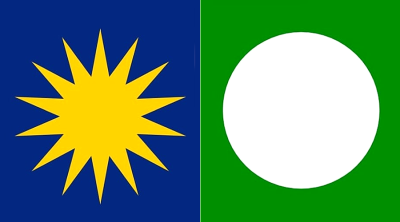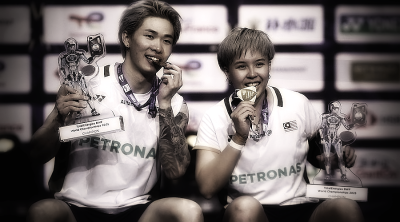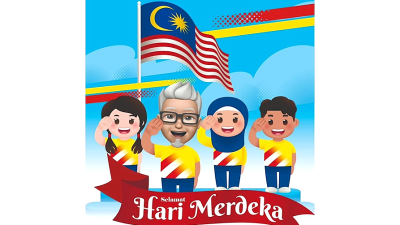Malaysia is a country any foreign visitor will spontaneously fall in love with, one which no one would want to leave, if given a choice.
It suddenly rained. The aged Chinese Grab driver was neatly dressed, sported white hair with a serious-looking face, and didn’t seem to be quite approachable. I tried to strike up a conversation to get to know more about this rather complicated multicultural country. The driver’s reply in English, “I don’t speak Mandarin,” aroused my curiosity. So, we started an intermittent chat in English about why durian was so expensive and why the bak kukt teh served at different shops could be so different in taste, among other things.
As we went deeper into our conversation, I could sense that he was gradually letting his guard down. “I actually can speak Cantonese,” he admitted. So, I showed off my lame Cantonese greeting, “Nei hou” (how are you) and added self-mockingly, “That’s all I know!”
Then we switched our topic to Malaysia’s multiethnicity. And when I mentioned “Chinese Malaysian,” he interrupted at once: “We are Malaysian Chinese, not Chinese Malaysians.” I protested, “In the United States, we say ‘Chinese American.’” And he rebuked in English, “That’s because Chinese are ‘immigrants’ in the States, but we are Malaysians born and raised here!” “Indeed,” I subconsciously nodded in agreement.
Staring out of the window, the rain showed no sign of abating. Although the car was moving sluggishly ahead, I felt an unusual calmness within, thinking: “National unity shouldn’t be an issue in Malaysia if the Chinese here love this country so much!”
Well, the above narration was not from me, but a WhatsApp sharing from a foreign diplomat in Malaysia about his personal observations, feelings and thoughts of this country.
I felt a soothing warmth inside me after reading it. Although he did not expressly put it, it appears to me that he was like softly telling me, “I understand you.”
This gentleman who has lived in this country for less than a year, has gained a deeper insight into the self-identity of Chinese Malaysians through his hand-on experiences and observations.
Right then I had actually intended to vent my frustration at former PM Tun Mahathir, but that negative sentiment evaporated all at once. I came to realize that the old man actually didn’t deserve a place in my emotional sphere.
Each time I stay away from Malaysia for over a week, either for work or on vacation, I would long to come back to this land of diversity for the simple reason this is my country and home, where I can find the most splendid food, a multitude of languages, and an utterly unique lifestyle which I have grown so accustomed to.
The infinite choices of food are beyond questioning, and will instantly draw us back to our home far away.
And the shuffling of languages here in any conversation is simply magical. It happens so spontaneously with no need for any head-cracking mental switch, allowing us to communicate so naturally and seamlessly from language to language, or dialect to dialect.
As for our unique way of living–the mutual respect and tolerance that has become an integral part of our day-to-day living–it has developed into something which is deeply appreciated by outsiders and inherently amalgamated into our very own beings.
Whenever I see our Malay compatriots trying to bargain for a good price in the streets of China, and when their Chinese Malaysian friends teach them in Malay how to go about it, I would feel instantly moved.
Looking back at how our nonagenarian former PM hit out the Chinese in an attempt to ruin the otherwise harmonious intercommunity relationship, I couldn’t help but ask myself: do Malaysians stay united only when they are out of the country?
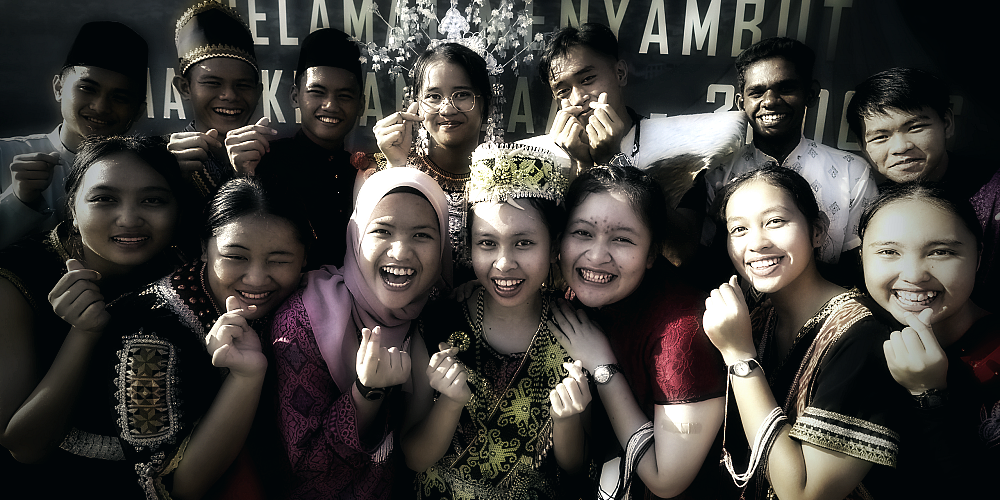
Malaysia is a country any foreign visitor will spontaneously fall in love with, one which no one would want to leave, if given a choice. This is the Heaven on Earth from the mouths of foreigners, but sadly our leaders, who are supposed to unite our multicultural population, have been engrossed with activities that will tear us apart, spawning intercommunity hostility in an attempt to advance their own political gains.
Our country has been independent for 66 years now. Why must we see with helplessness how Singapore has grown so rich and powerful, and other regional countries like Indonesia and Vietnam are fast catching up, while our leaders are busy undermining our interracial relations, fighting among themselves, fattening their own pockets, misguiding from their own community, and constantly plotting to unseat the government–all without the slightest sense of shame?
All that Malaysia badly needs now is a stable government, a prime minister who can break free from the toxic racist mentality and put the country’s interests above all else. The PM and his cabinet colleagues must work together to unite the nation and revitalize our economy.
We cannot afford to keep drawing our education, economic and cultural policies wholly from the perspectives of a single ethnicity or religion. Every one of us must see ourselves as Malaysians first, and make our common interests the core value that propels us forward together.
Last month, Sin Chew Daily ran an exclusive interview with Sultan Ibrahim Sultan Iskandar of Johor, whose “I’m Malaysian first” proclamation has since won the applause of many Chinese Malaysians. Indeed, more and more Malay Rulers–from Johor Sultan to Selangor Sultan and His Majesty Yang di-Pertuan Agong Al-Sultan Abdullah–have openly declared that they are the protectors of all people regardless of race and religion.
While ethnic Chinese citizens born and raised in this country are educated in Chinese, eat with chopsticks, and refuse to be culturally assimilated, that does not at all affect how we see ourselves as Malaysian citizens. From the day we were born, we have leaned to embrace Malaysia as our motherland, and Bahasa Malaysia as our national language.
We often tell our friends in China, Hong Kong and Taiwan that we are Malaysians, Chinese Malaysians, not overseas Chinese!
If not because of those despicable politicians, this country would have always remained a wonderful palette of many different colors, each representing a different ethnicity or culture. All these colors come together to paint a magnificent picture. All these cultures, languages and religions converge here so harmoniously into one unique national identity.
Different peoples in this country are like different musical instruments in an orchestra that collectively play a tune that encapsulates the nation’s attributes of harmony and diversity.
Where else can you find such a beautiful and colorful country like ours?
ADVERTISEMENT
ADVERTISEMENT






